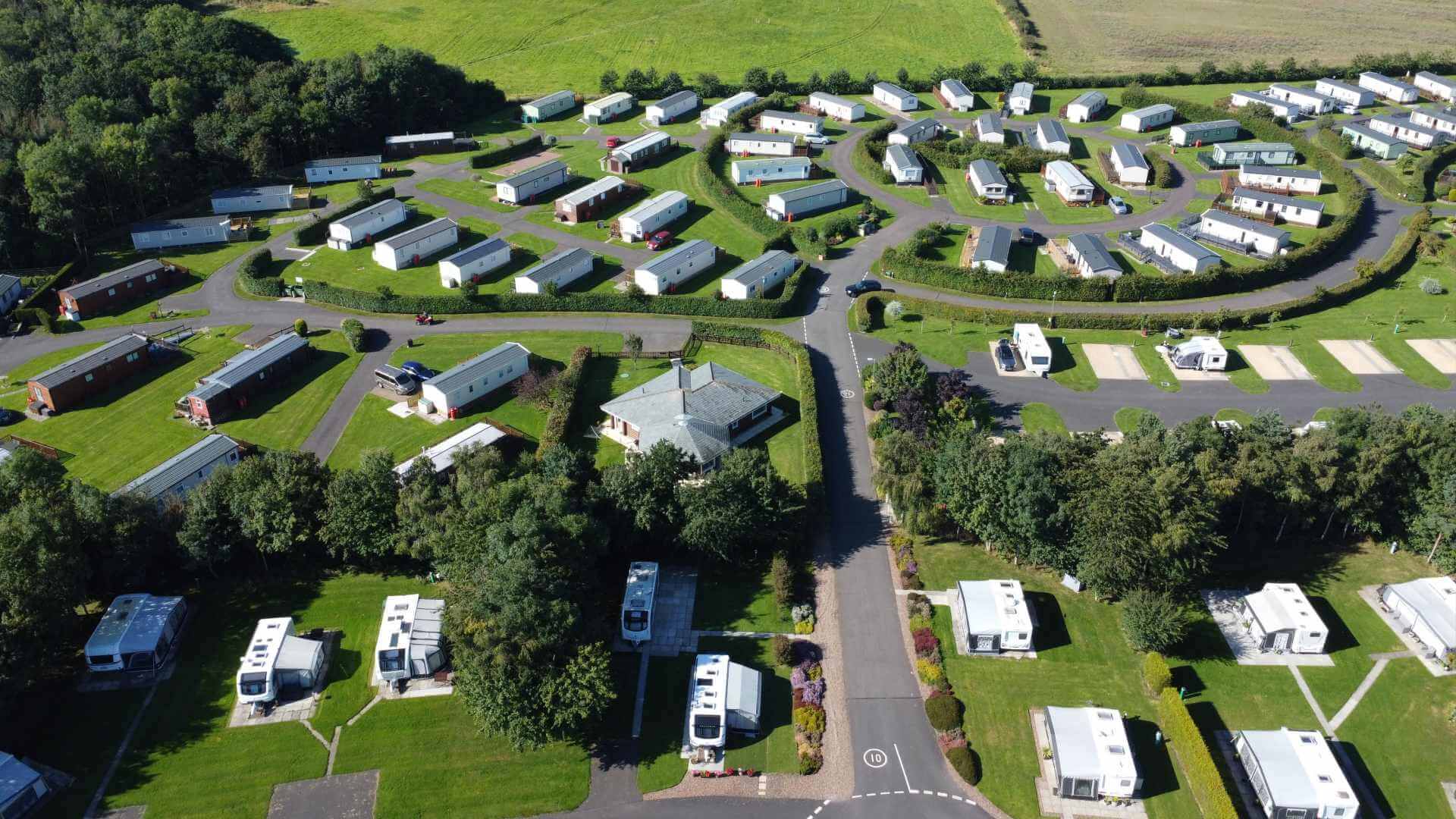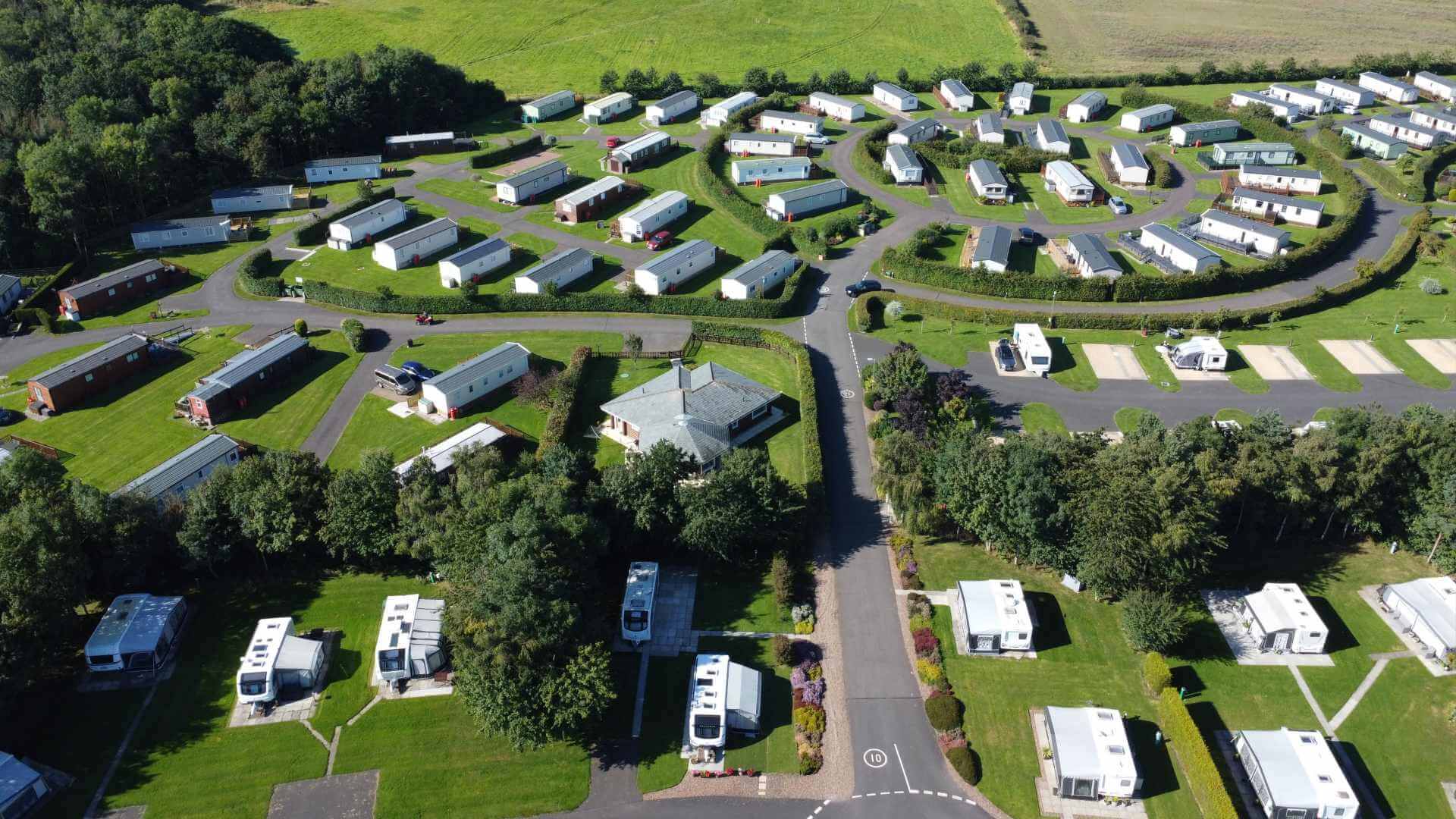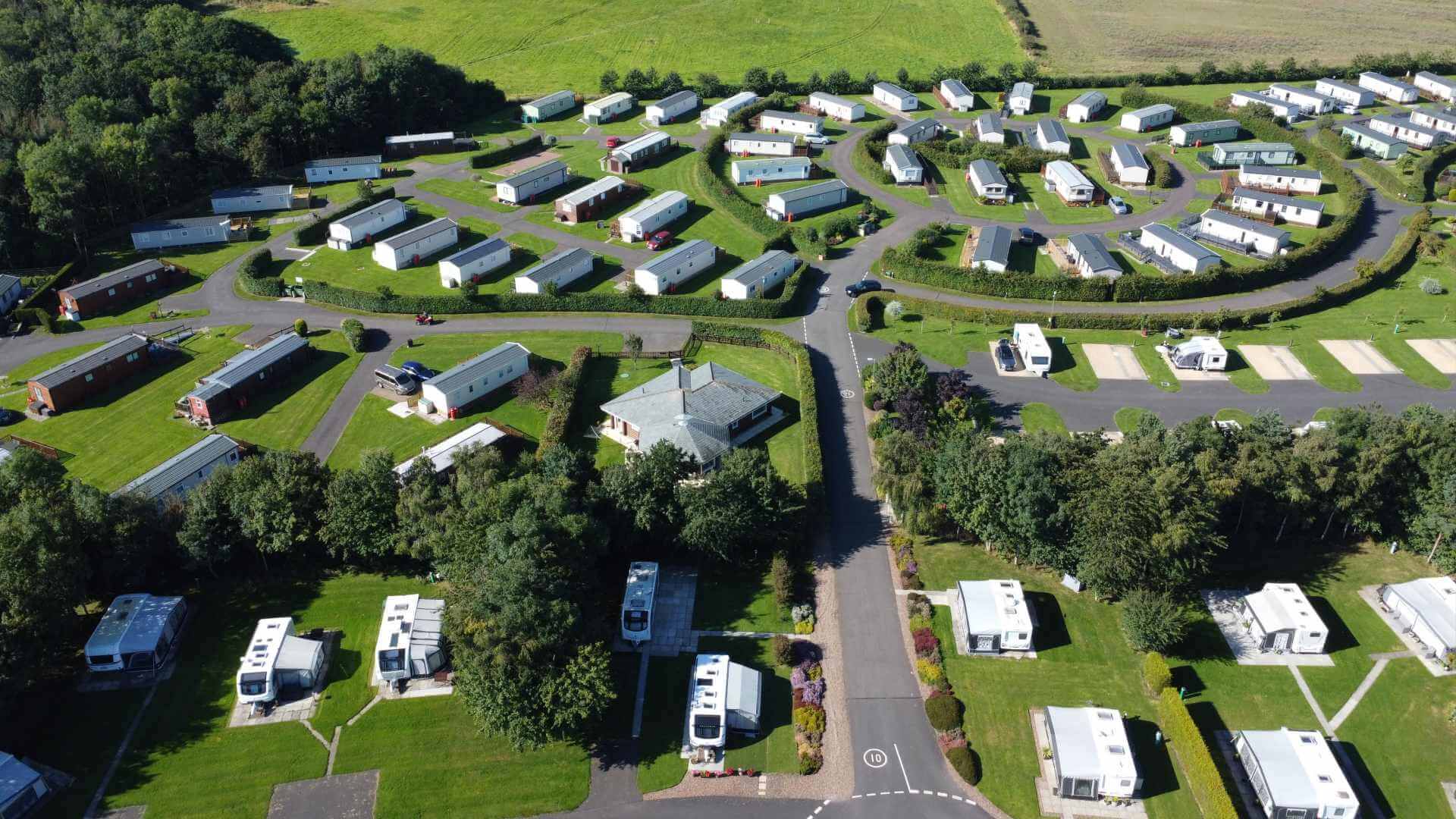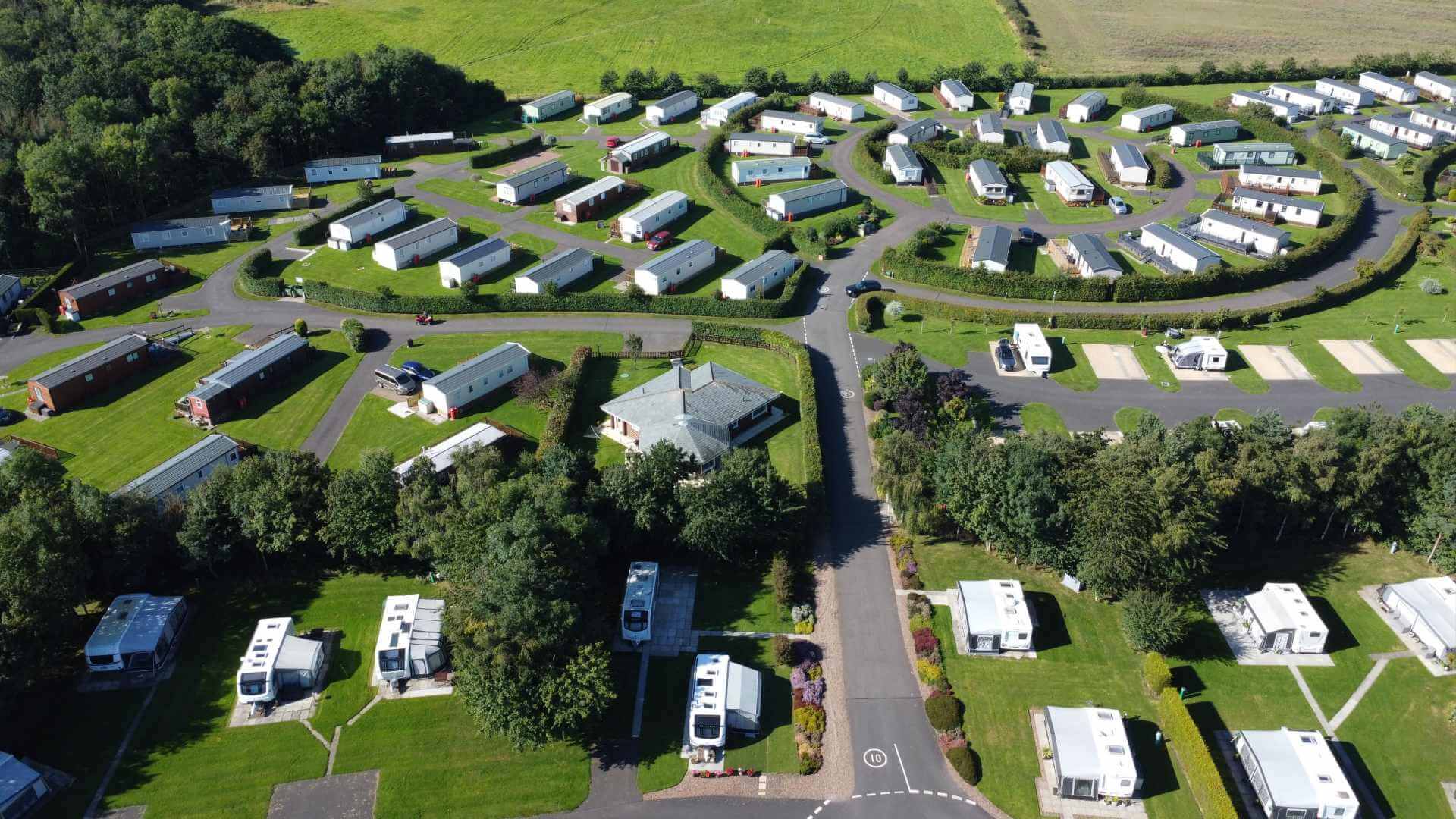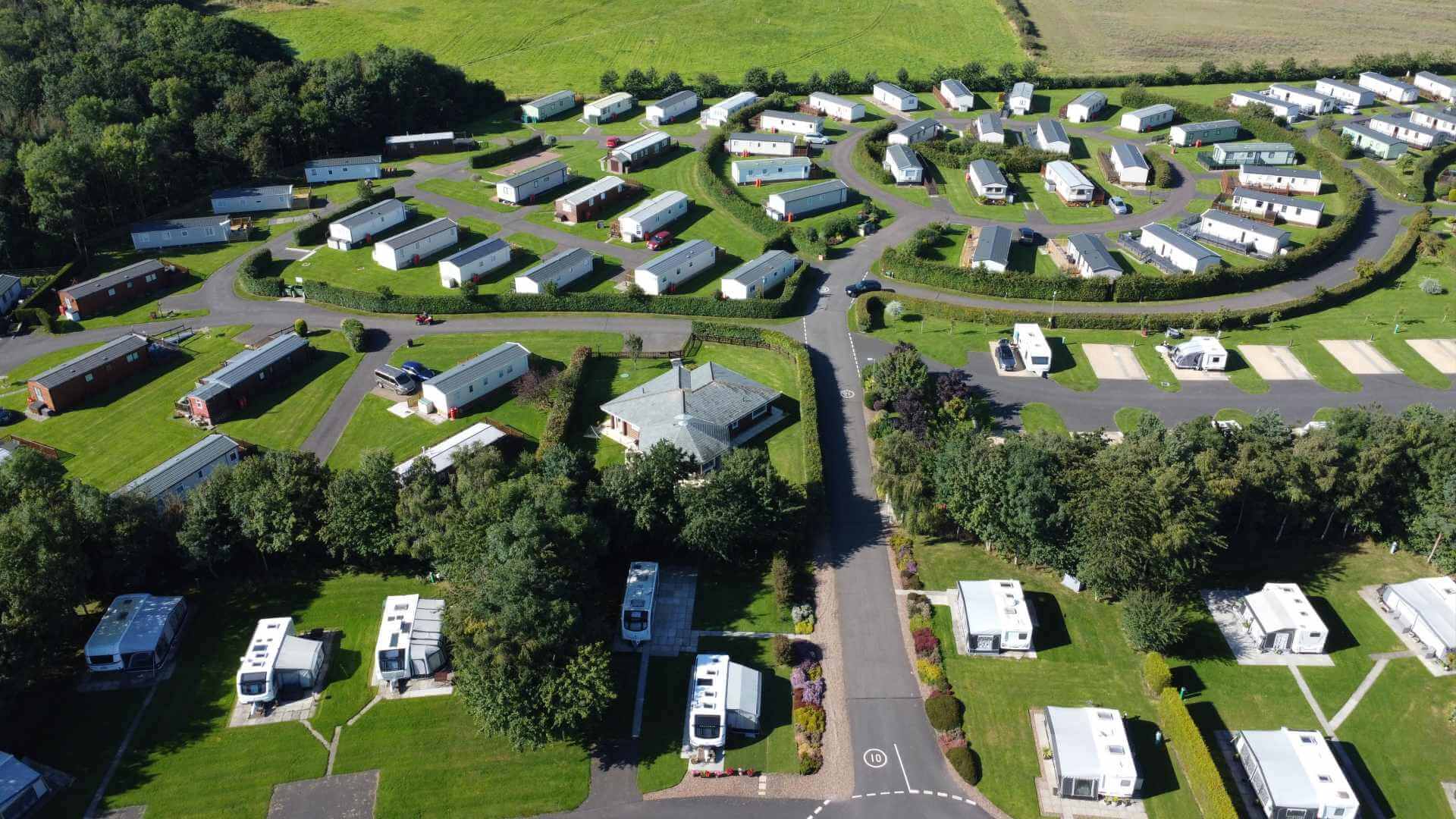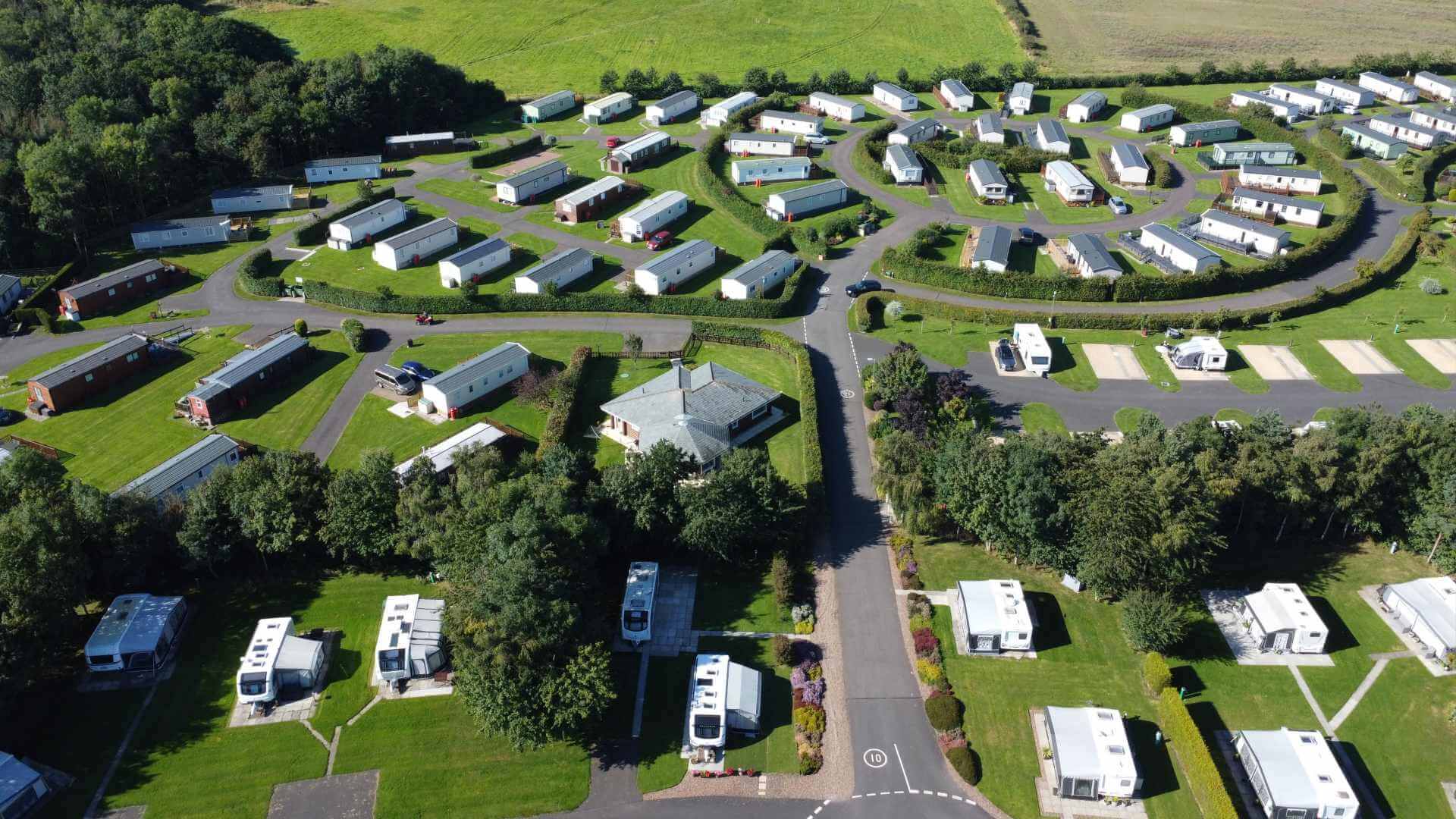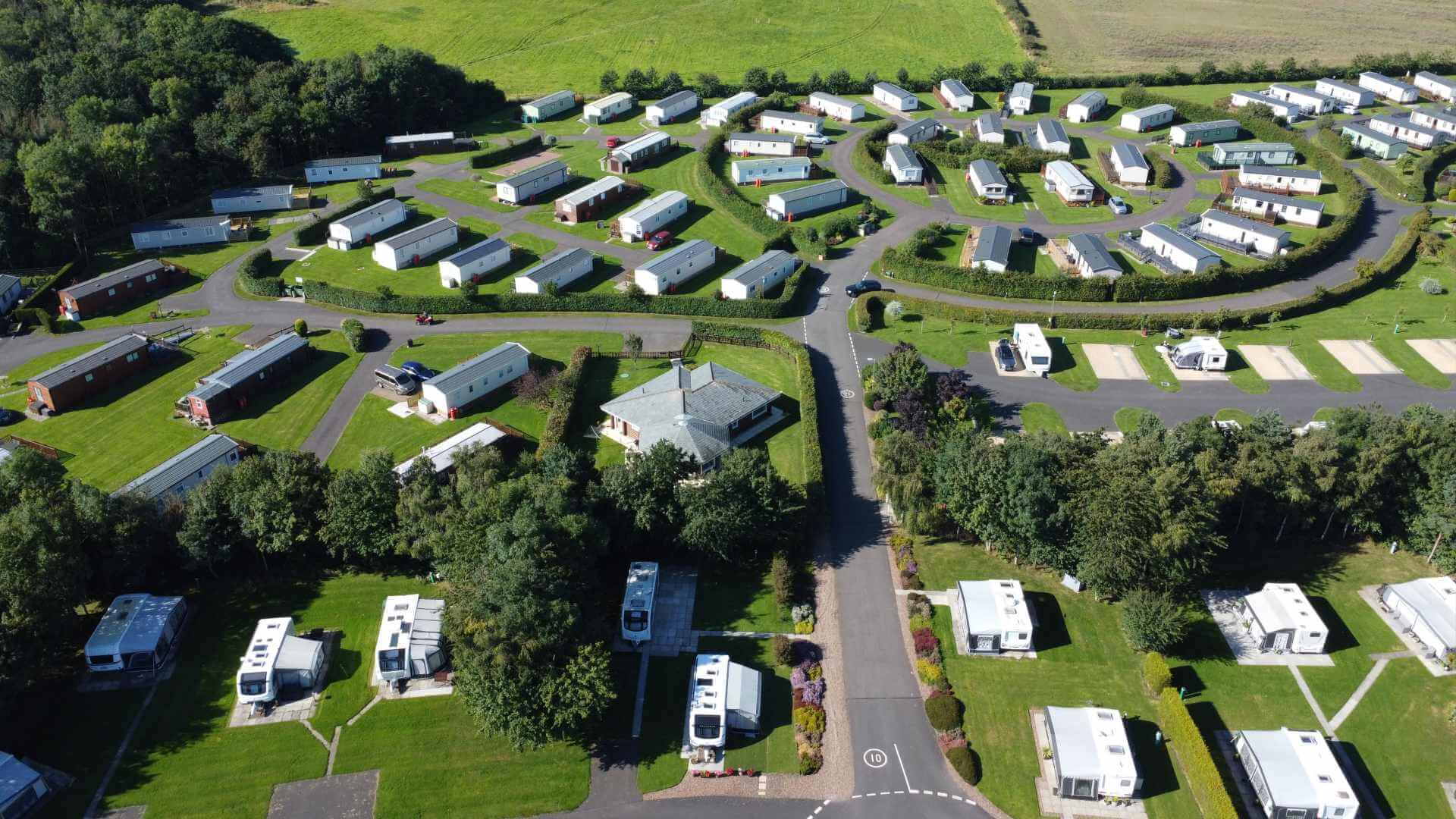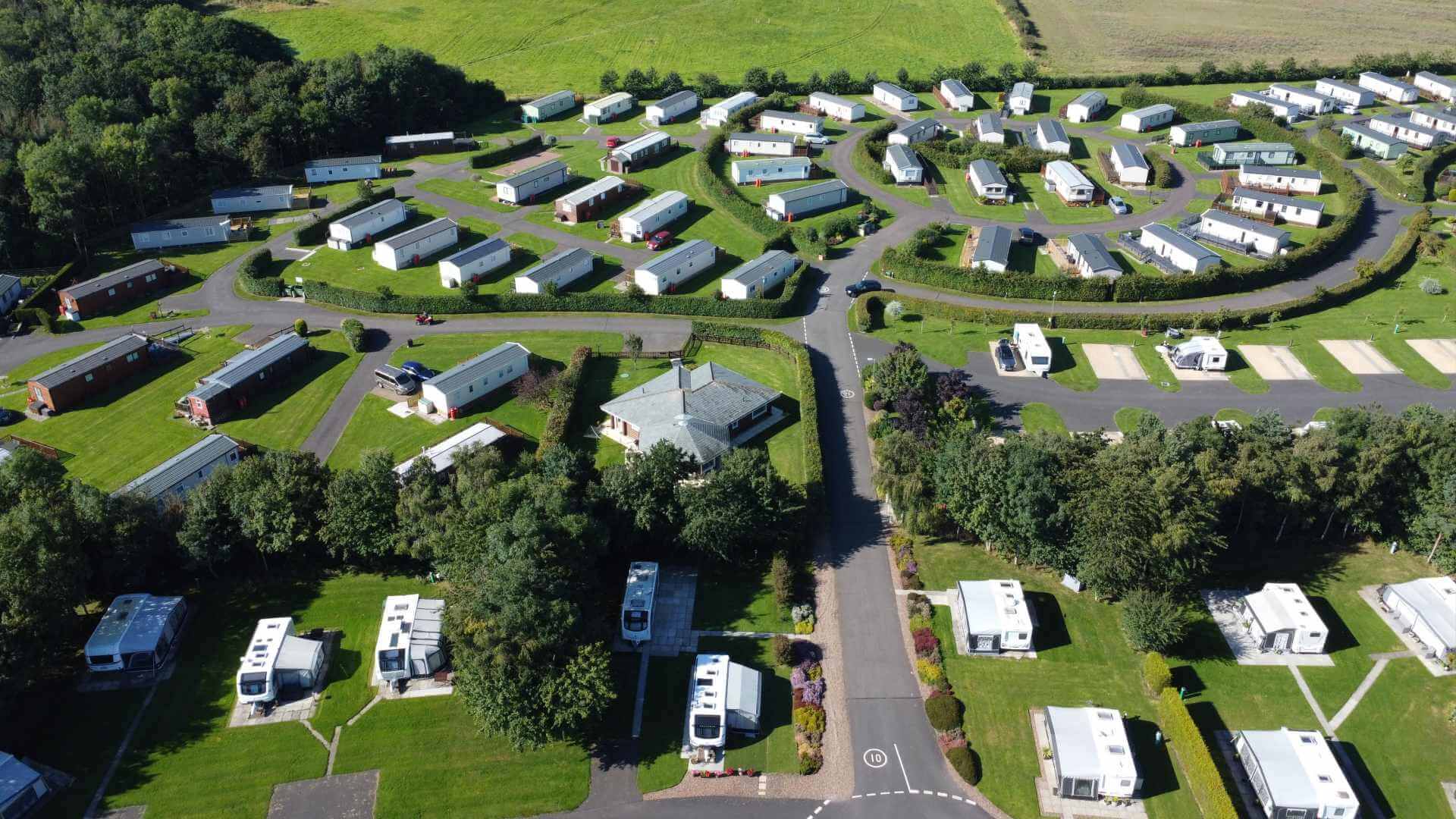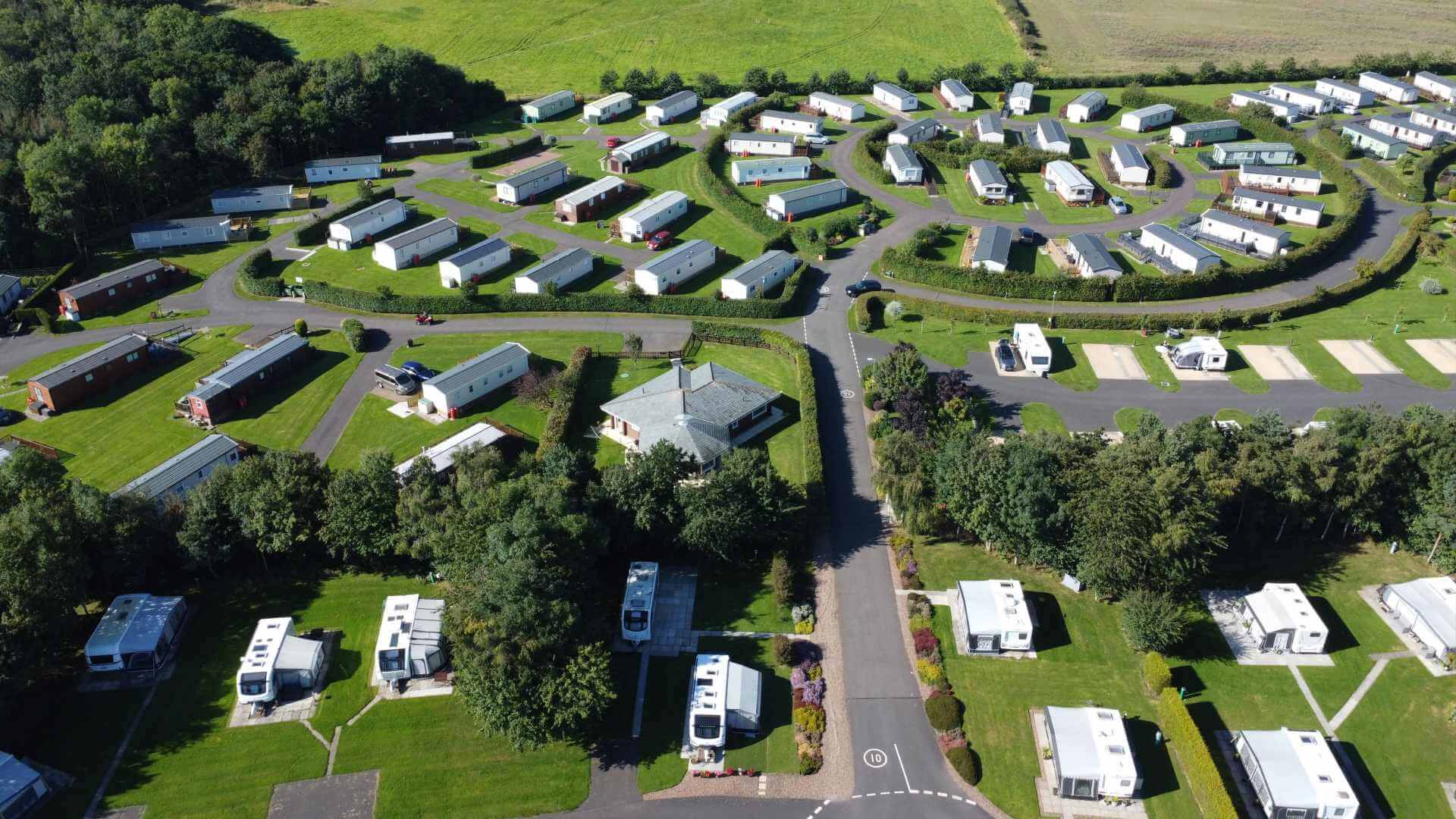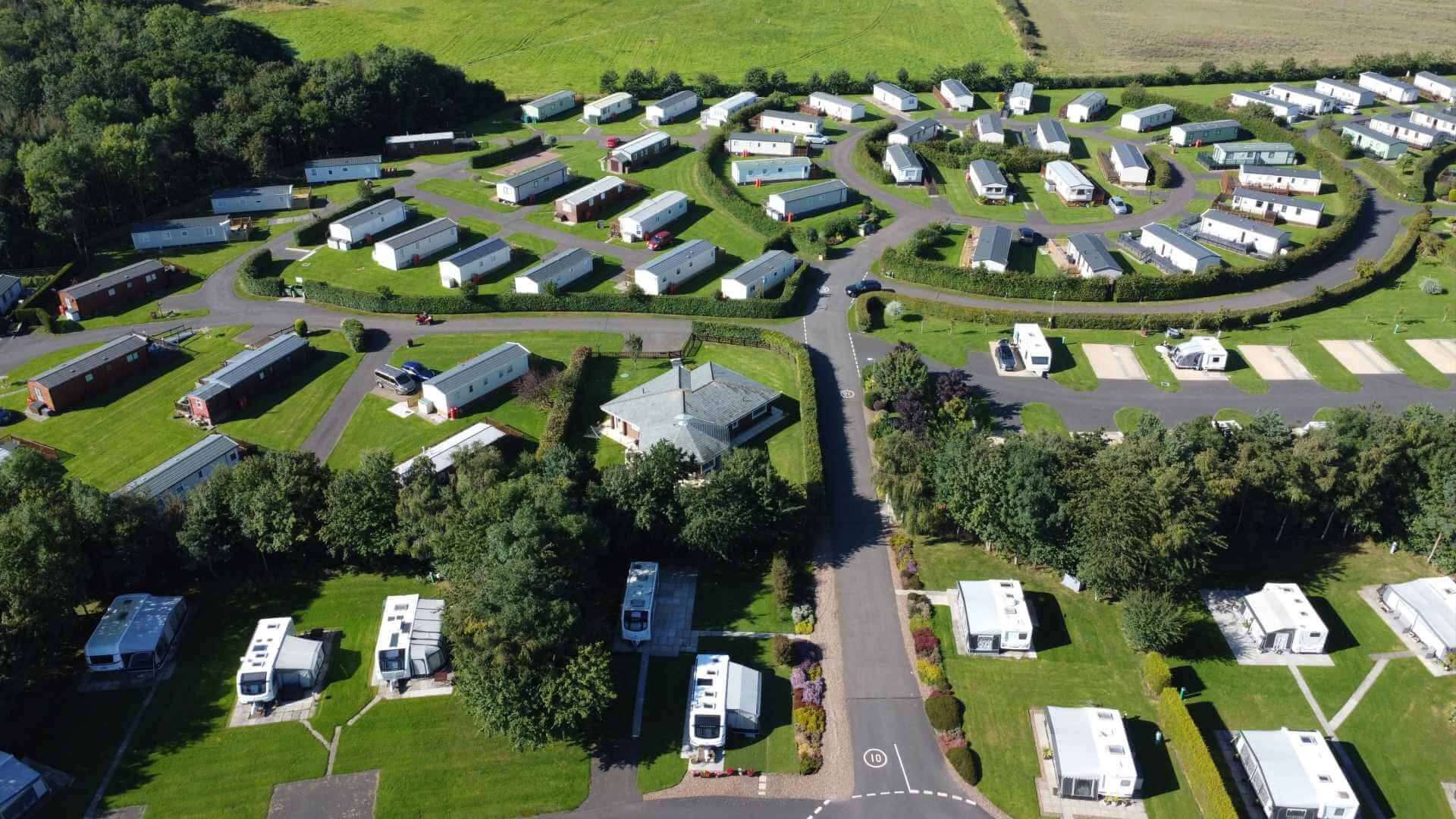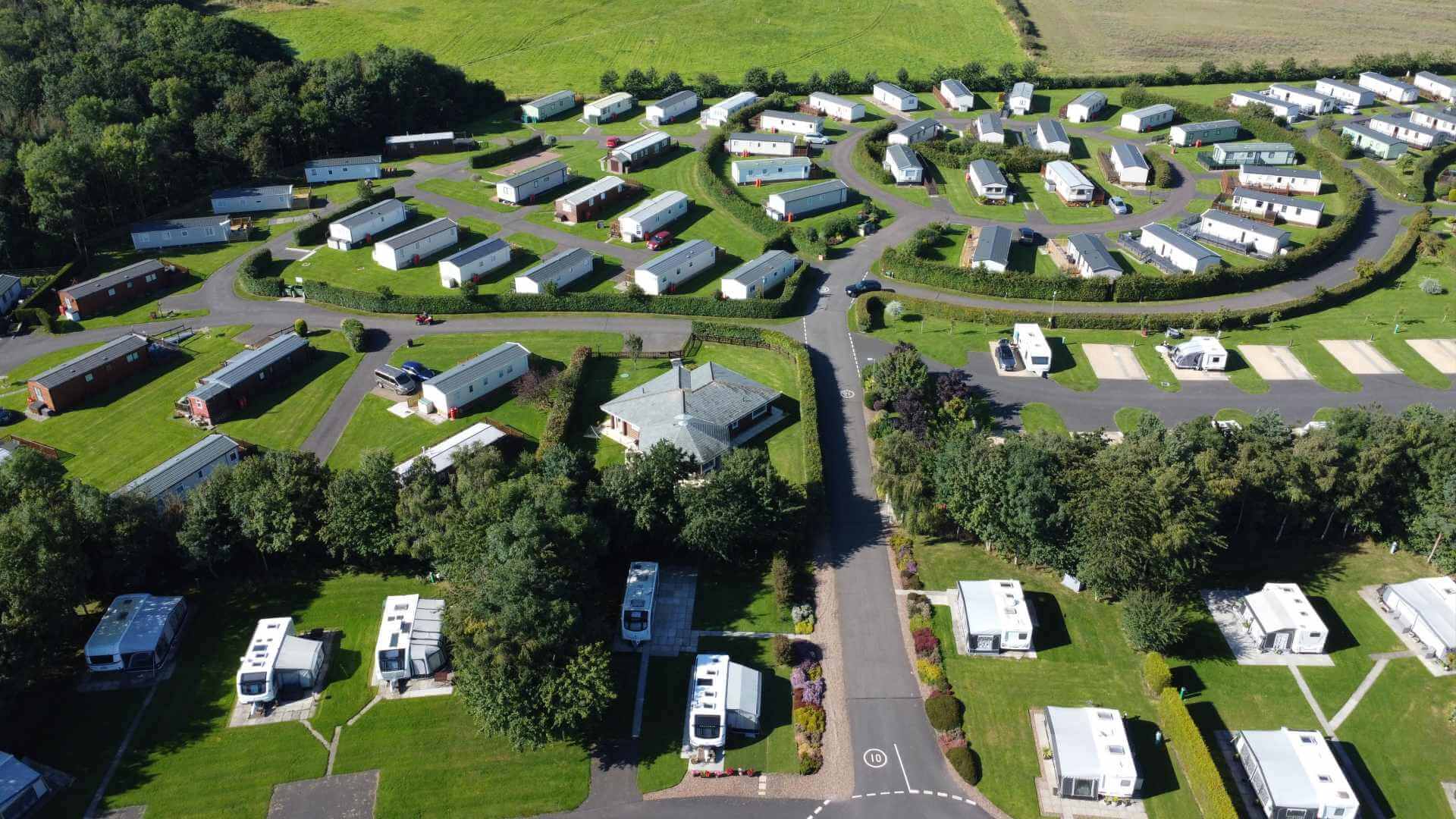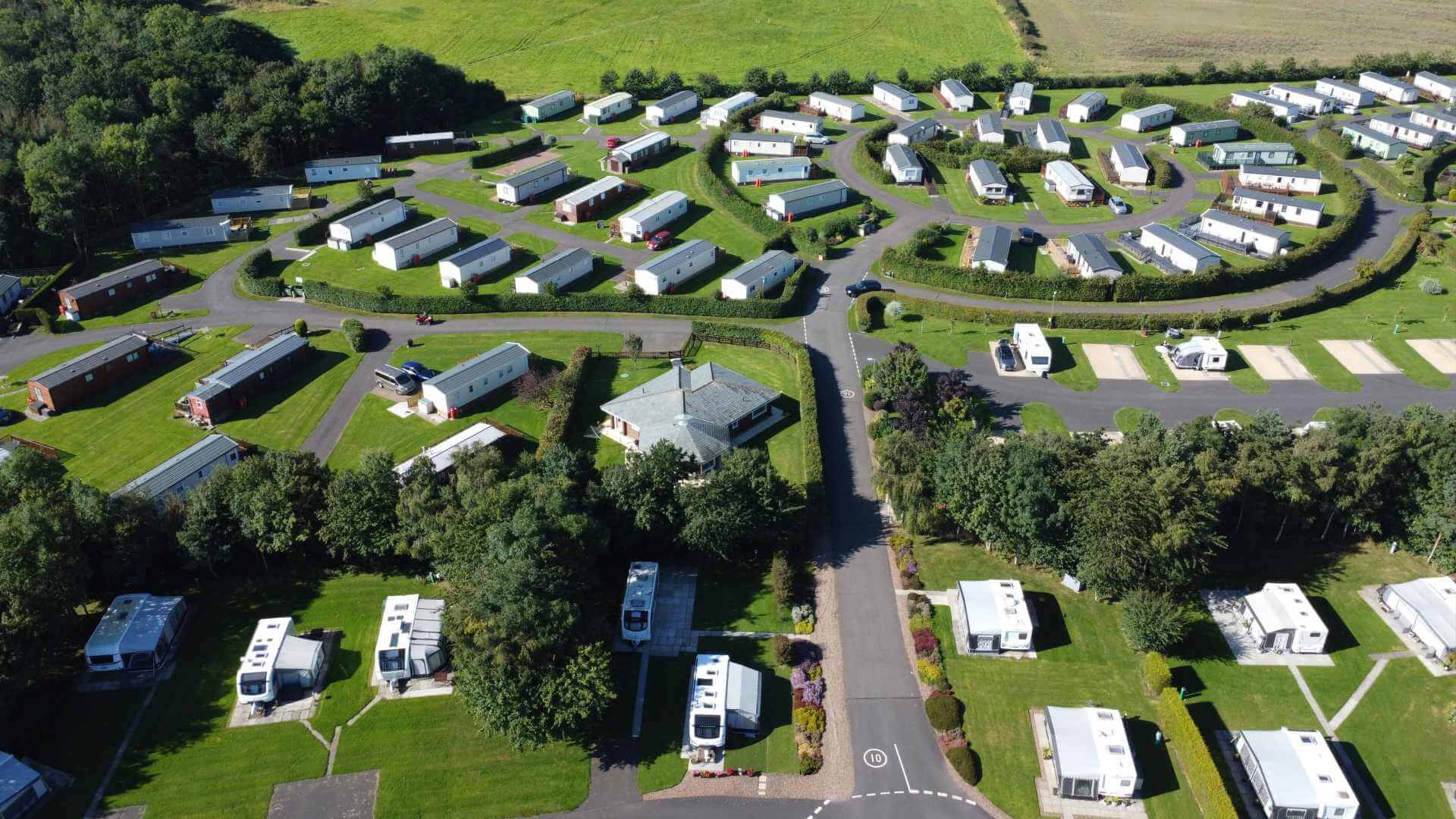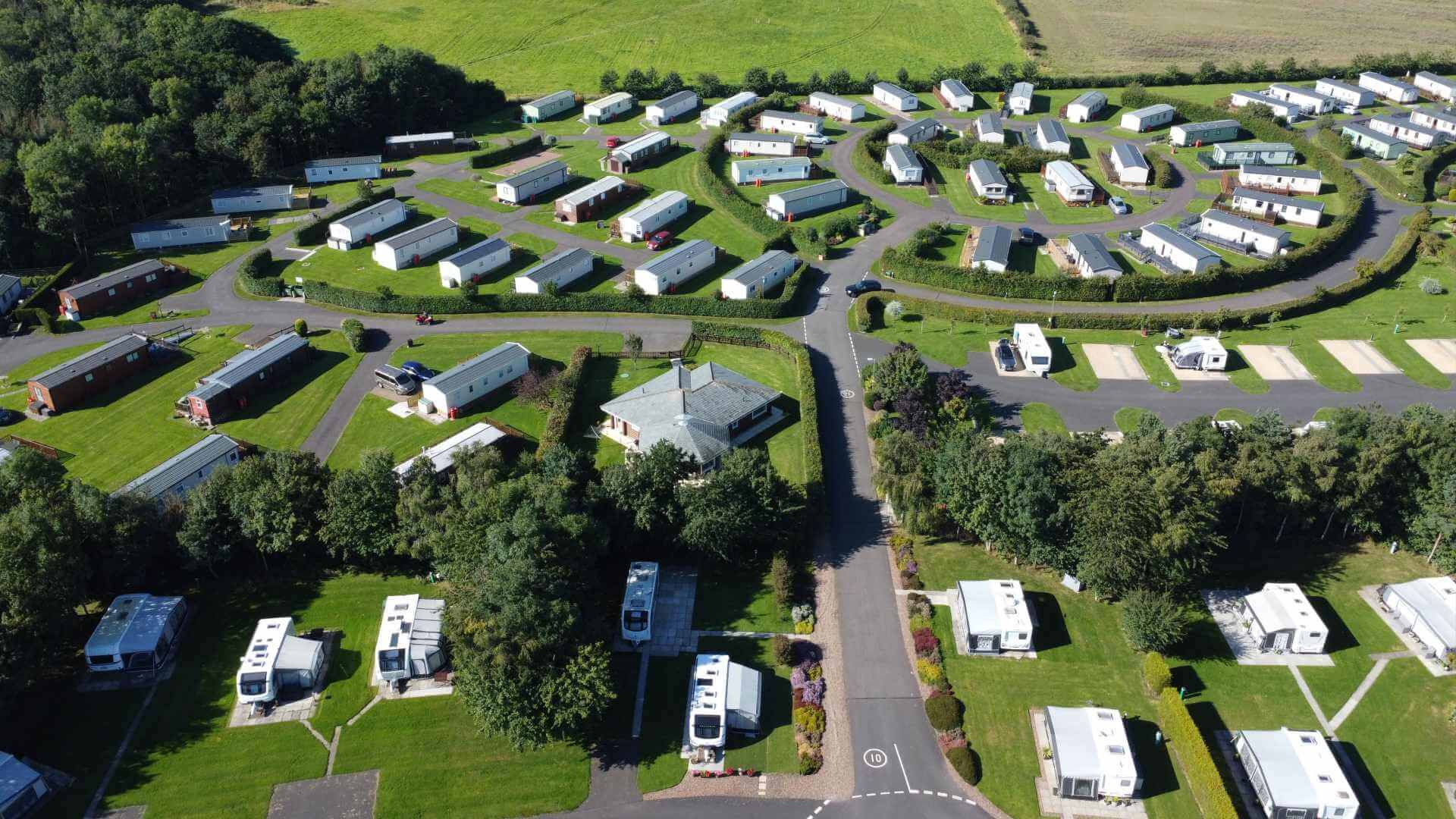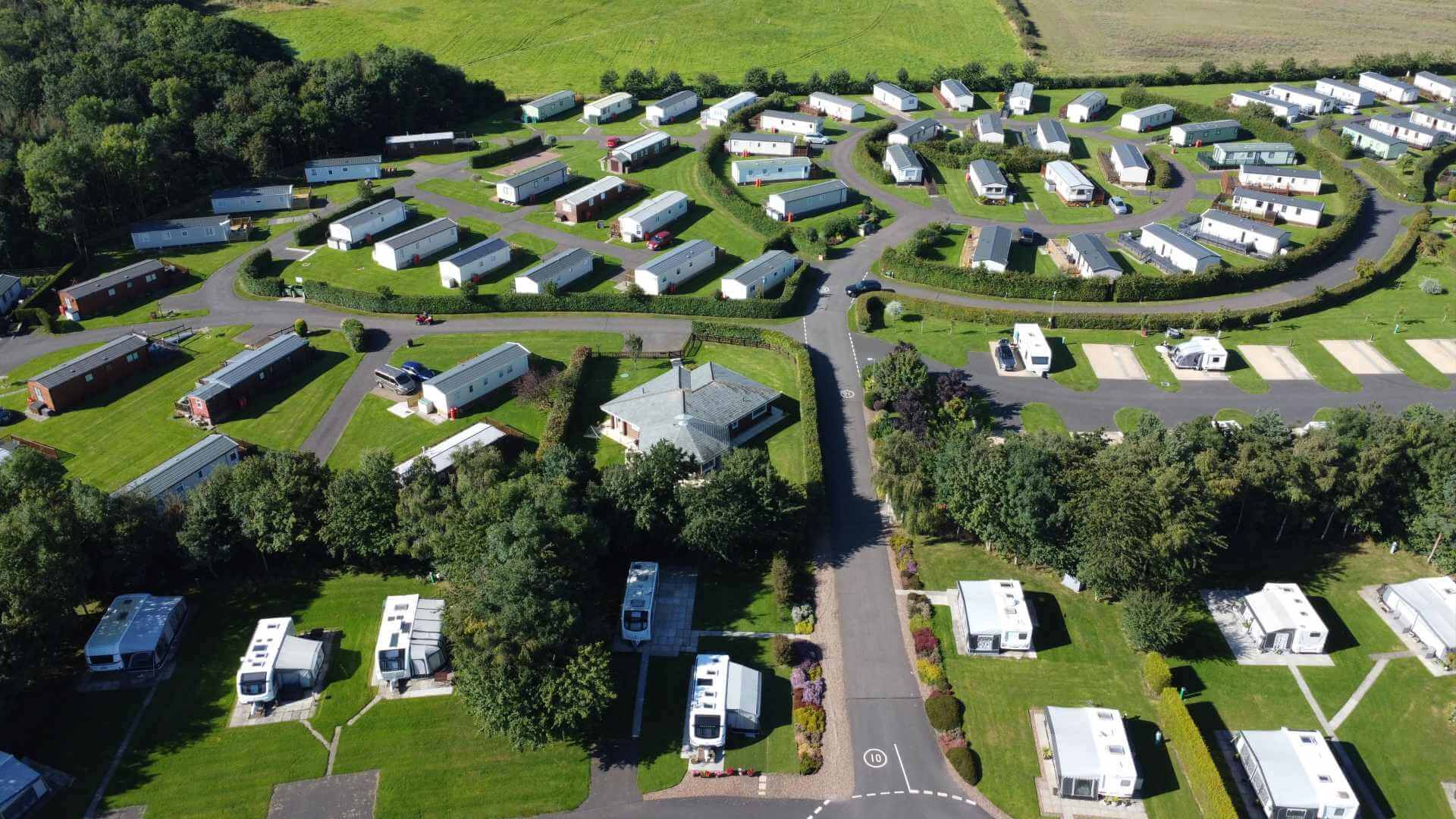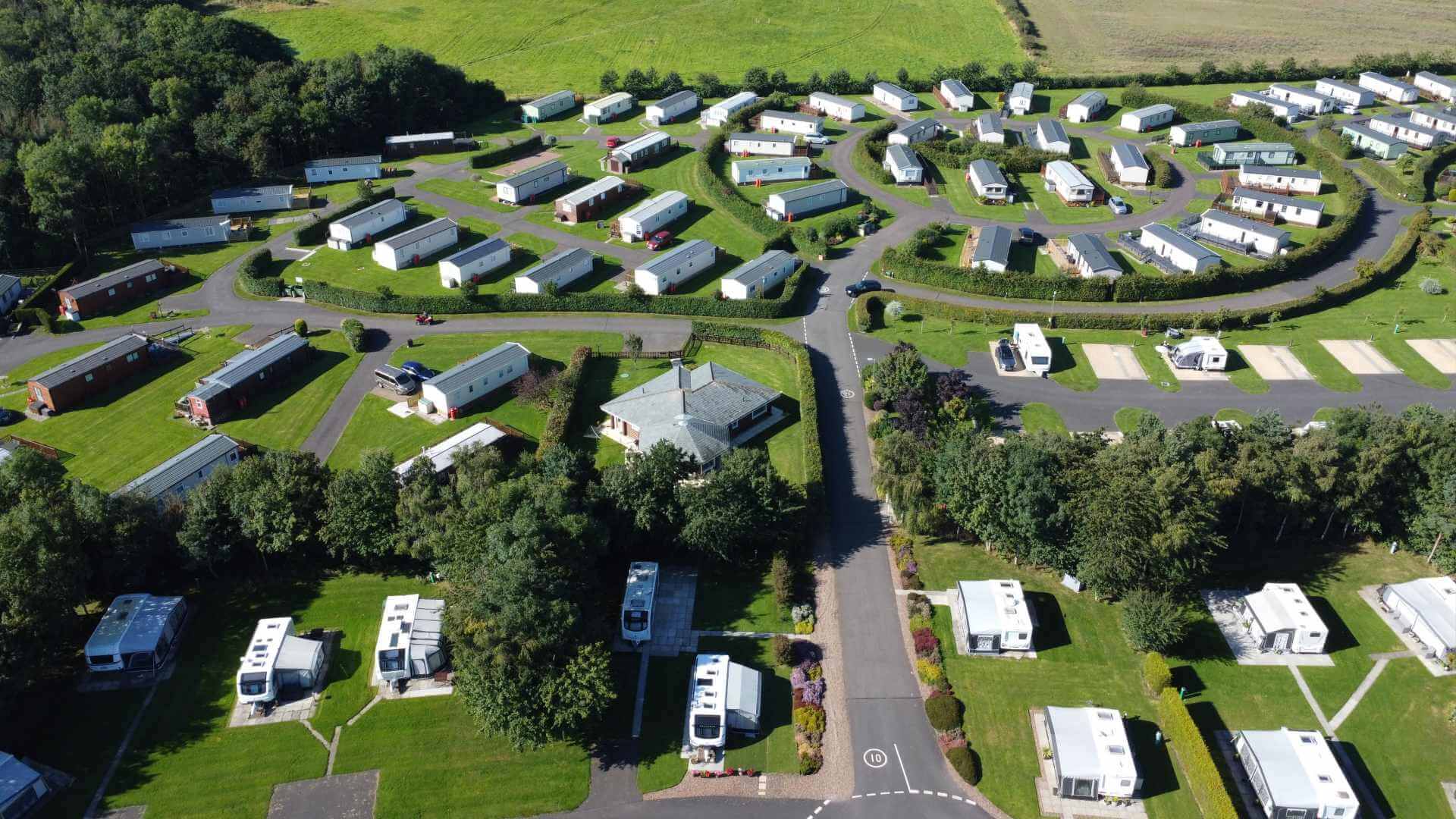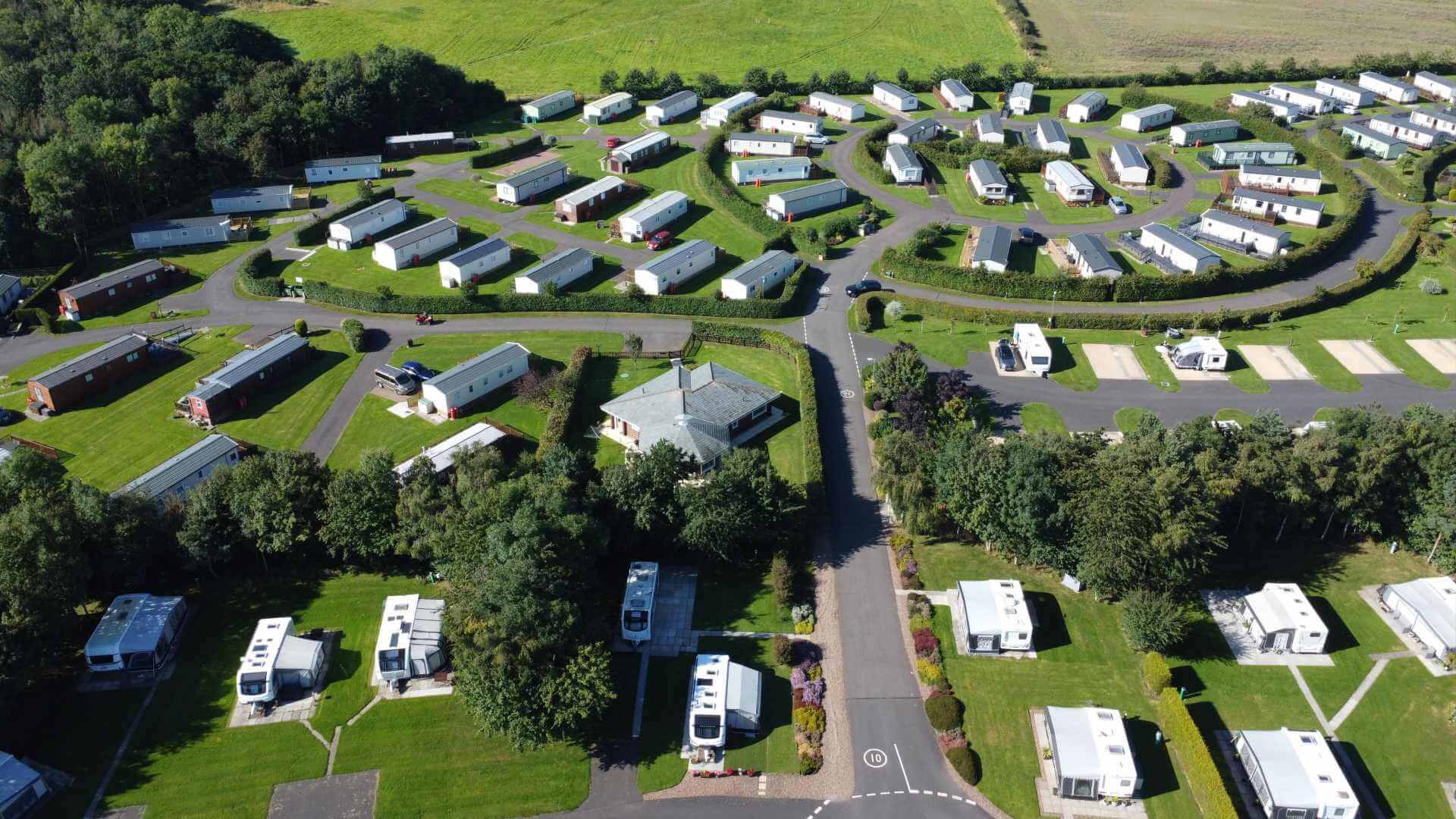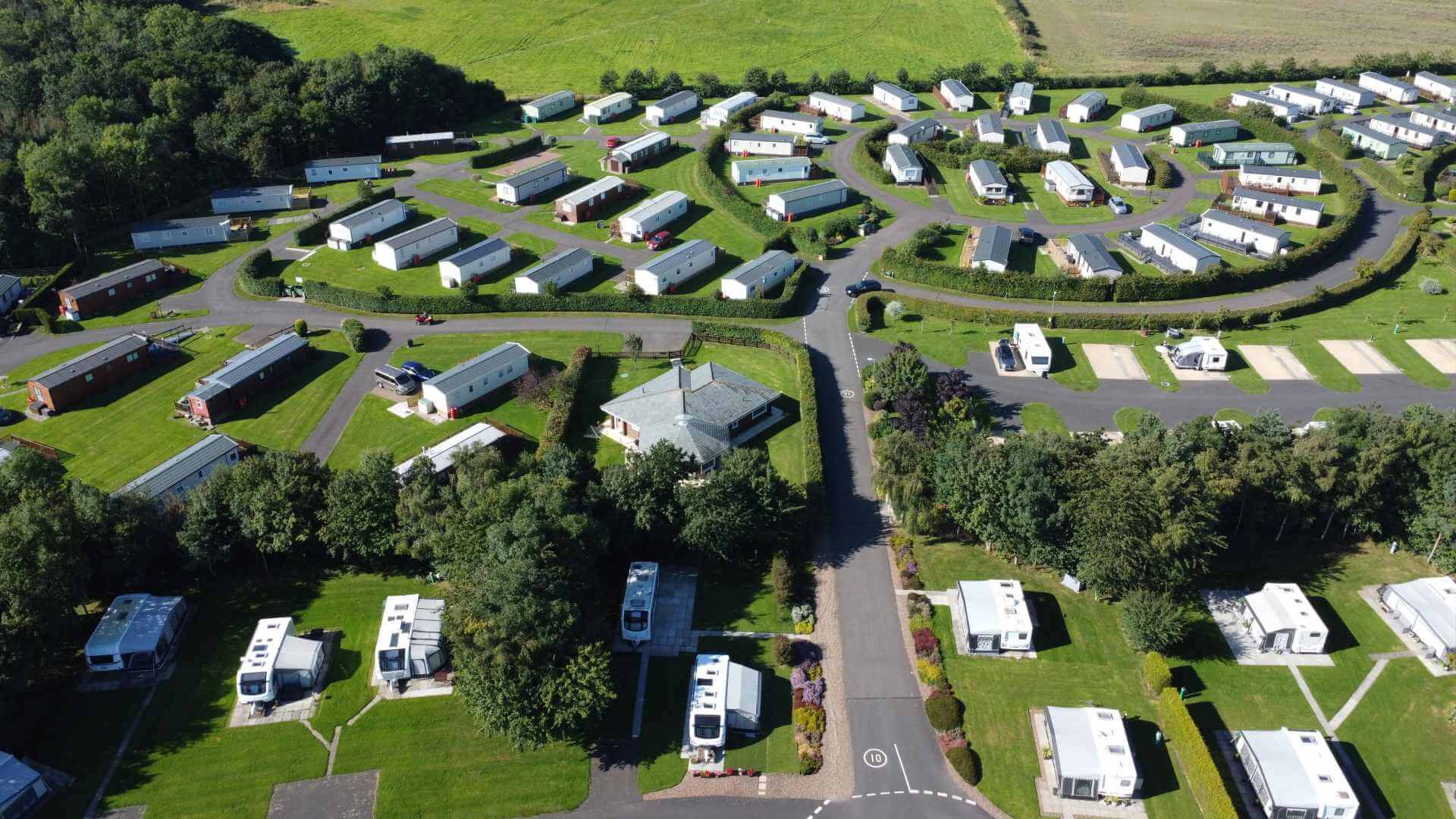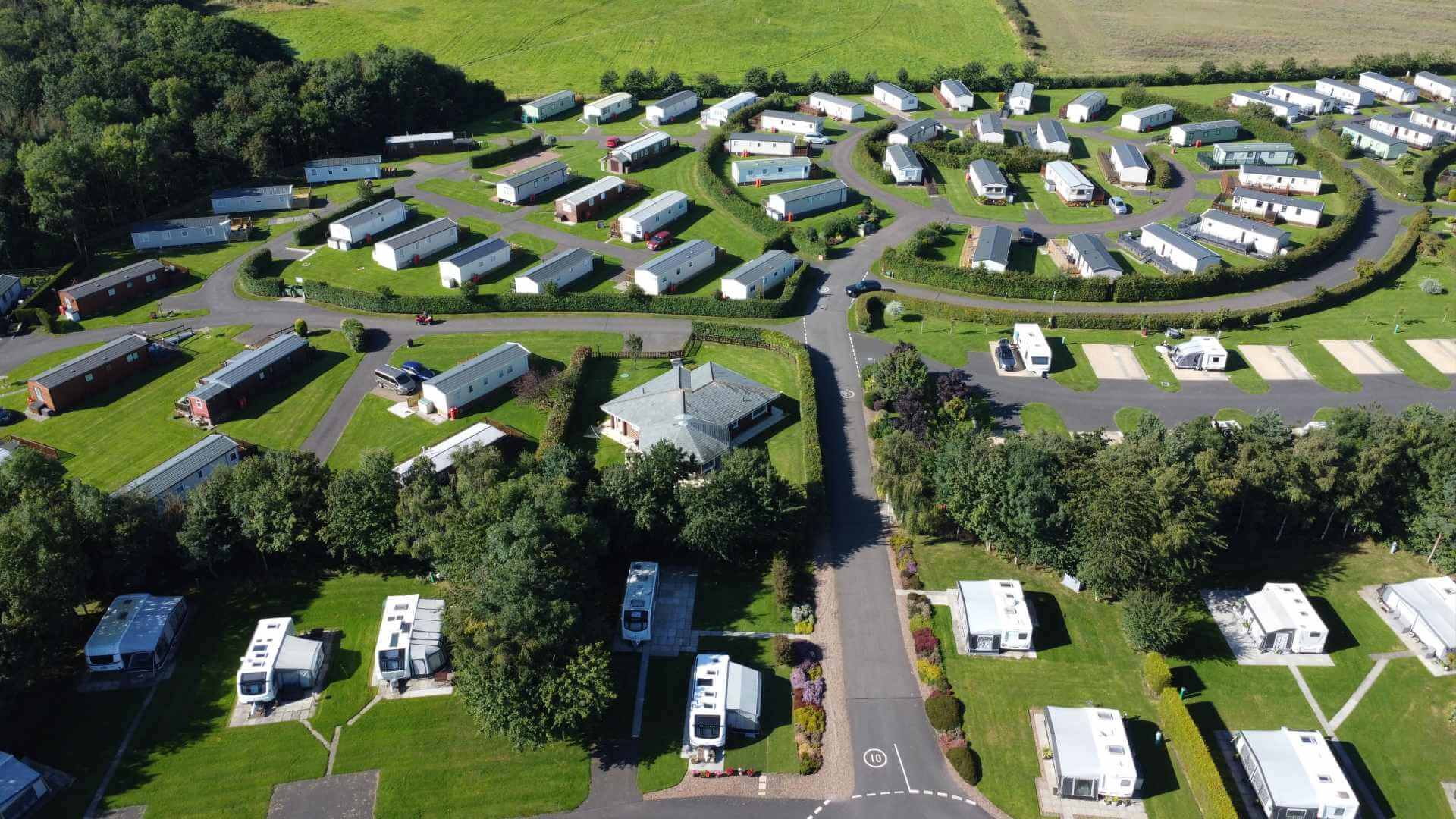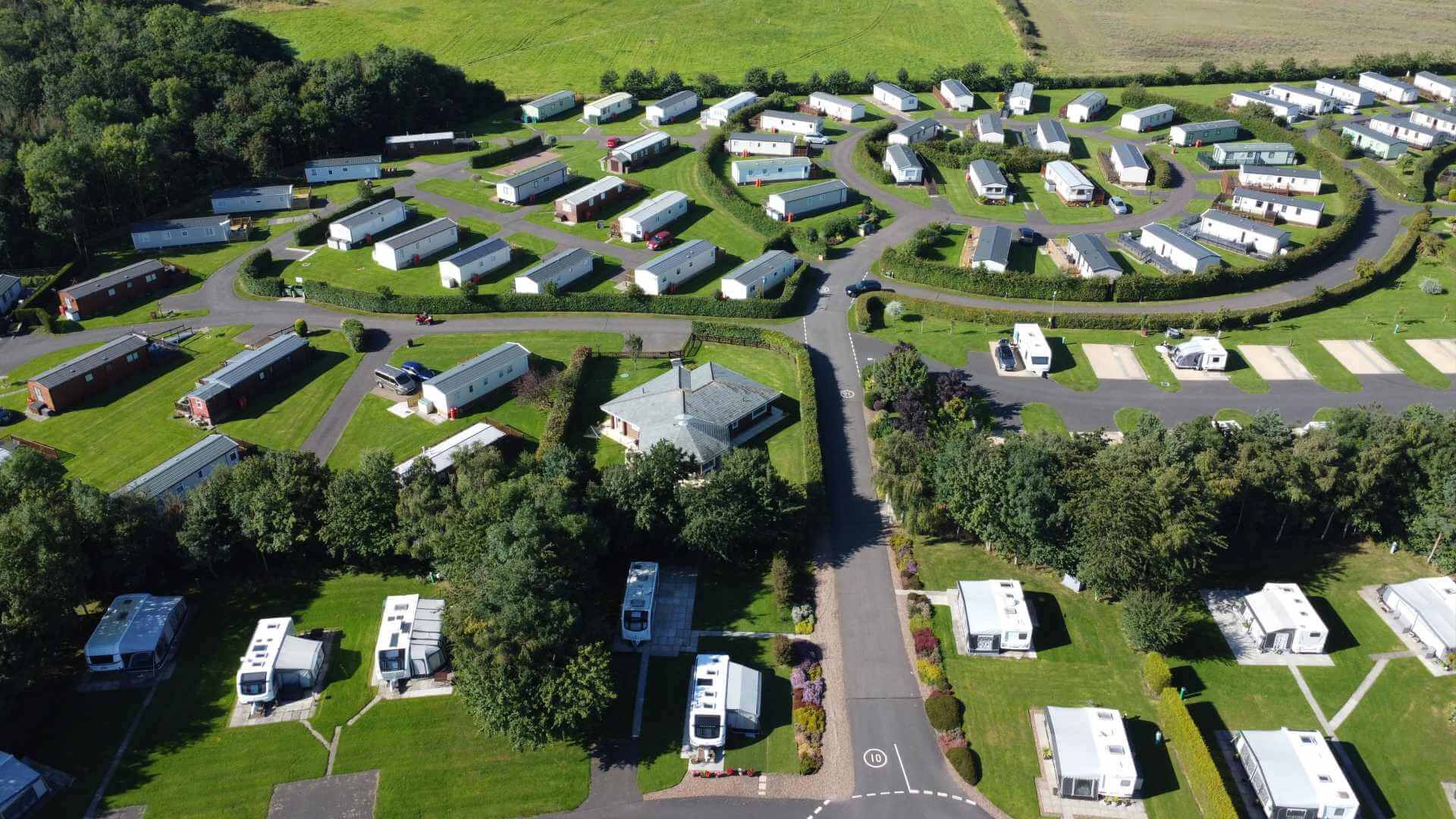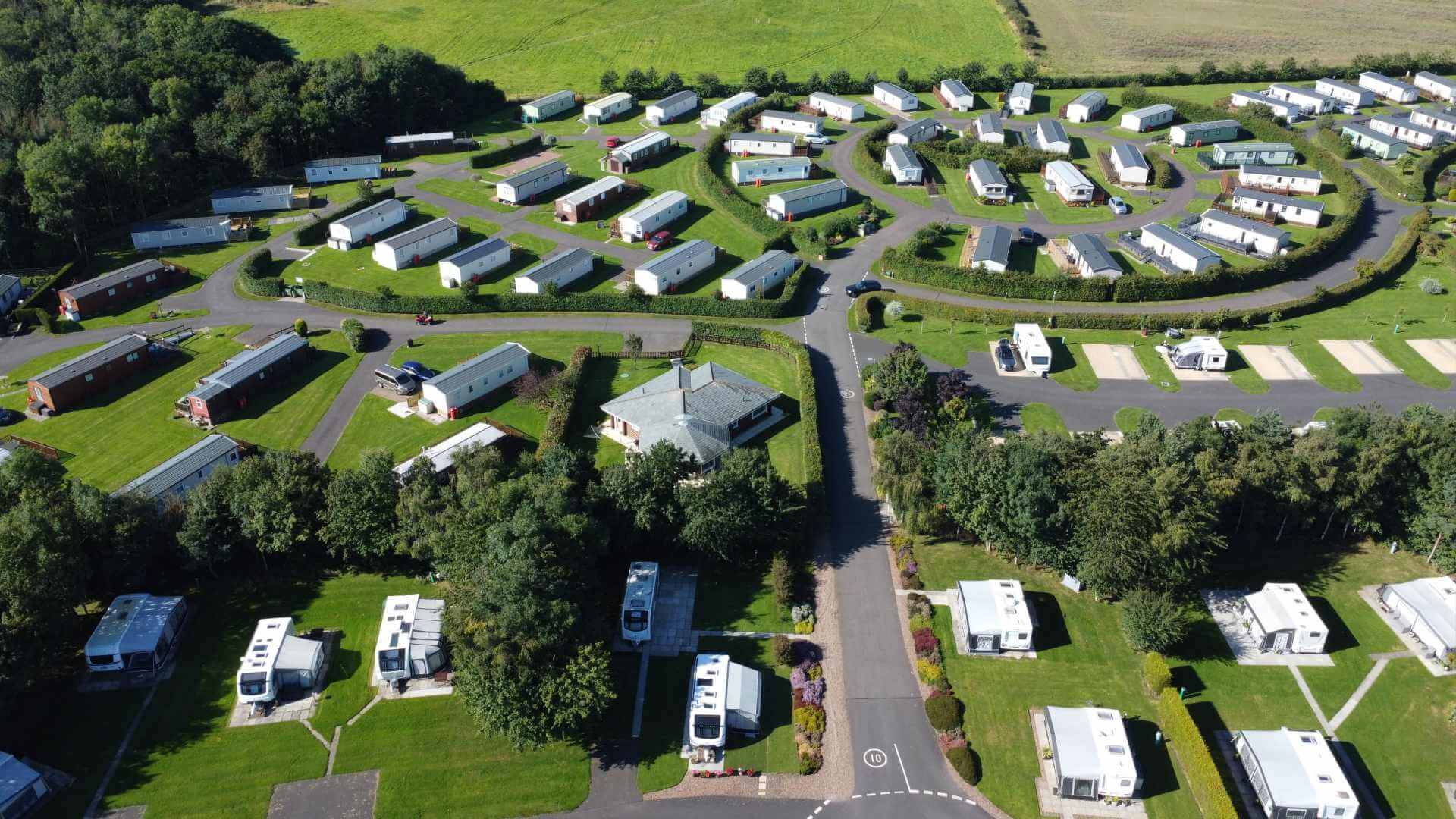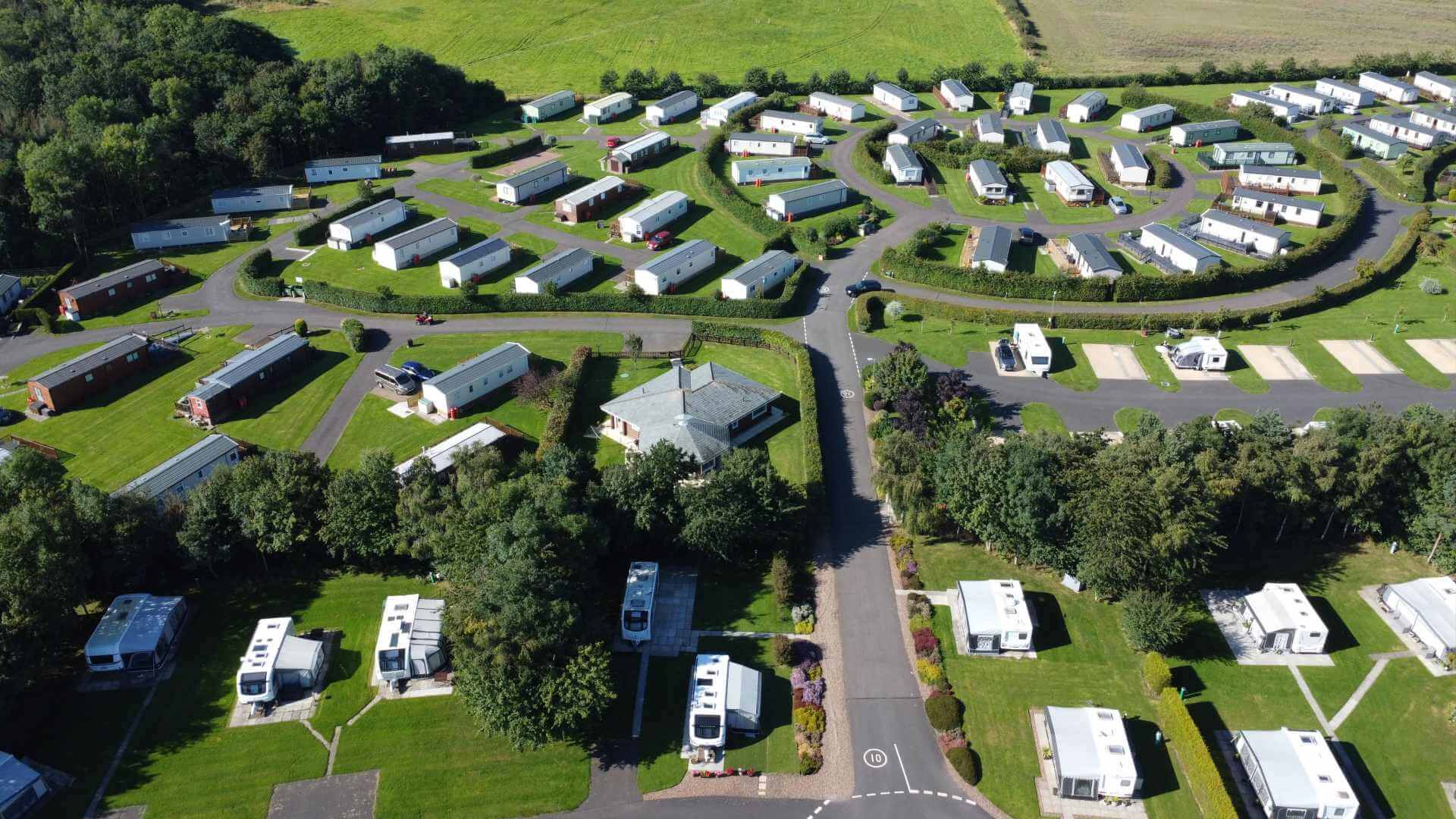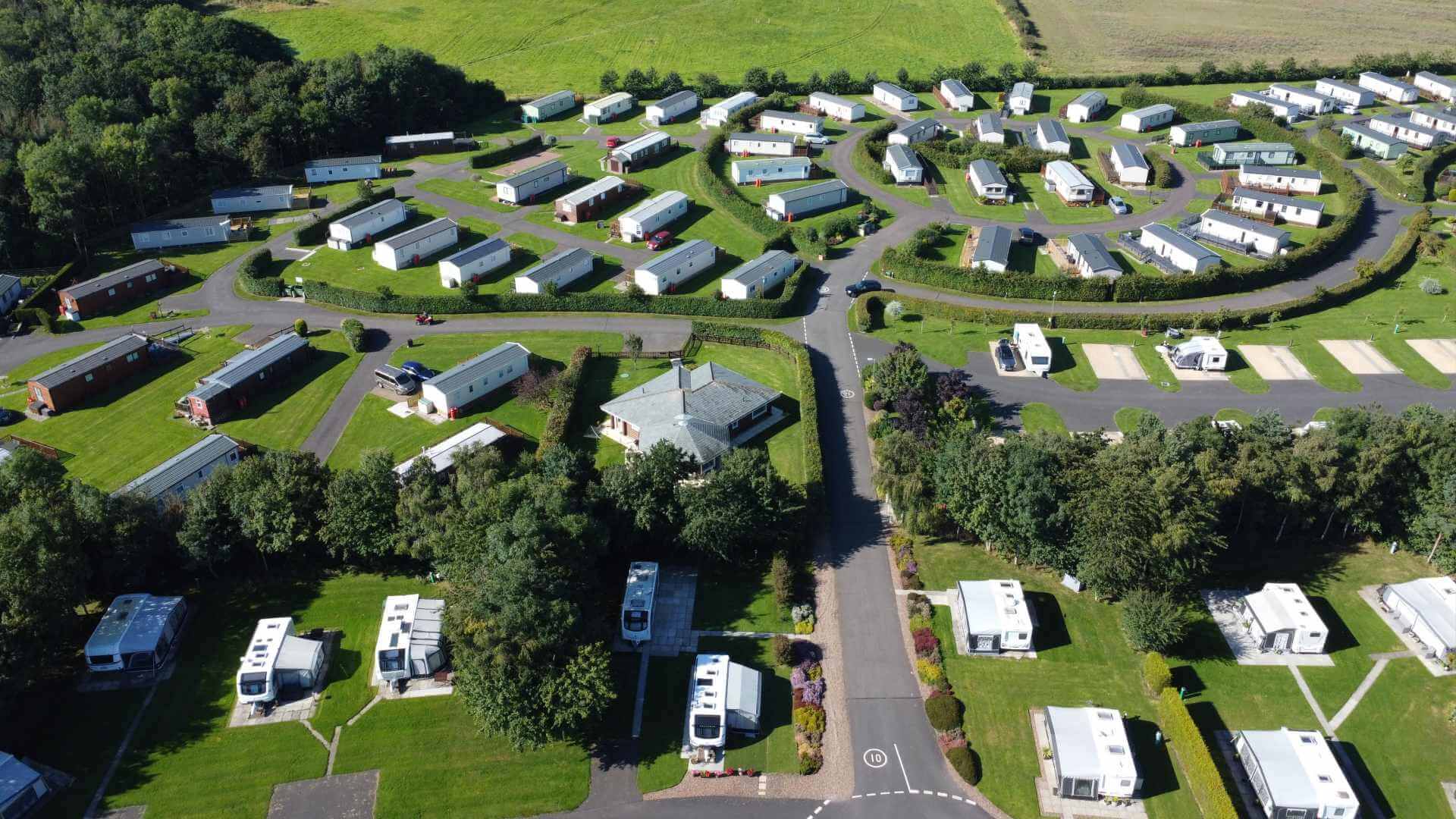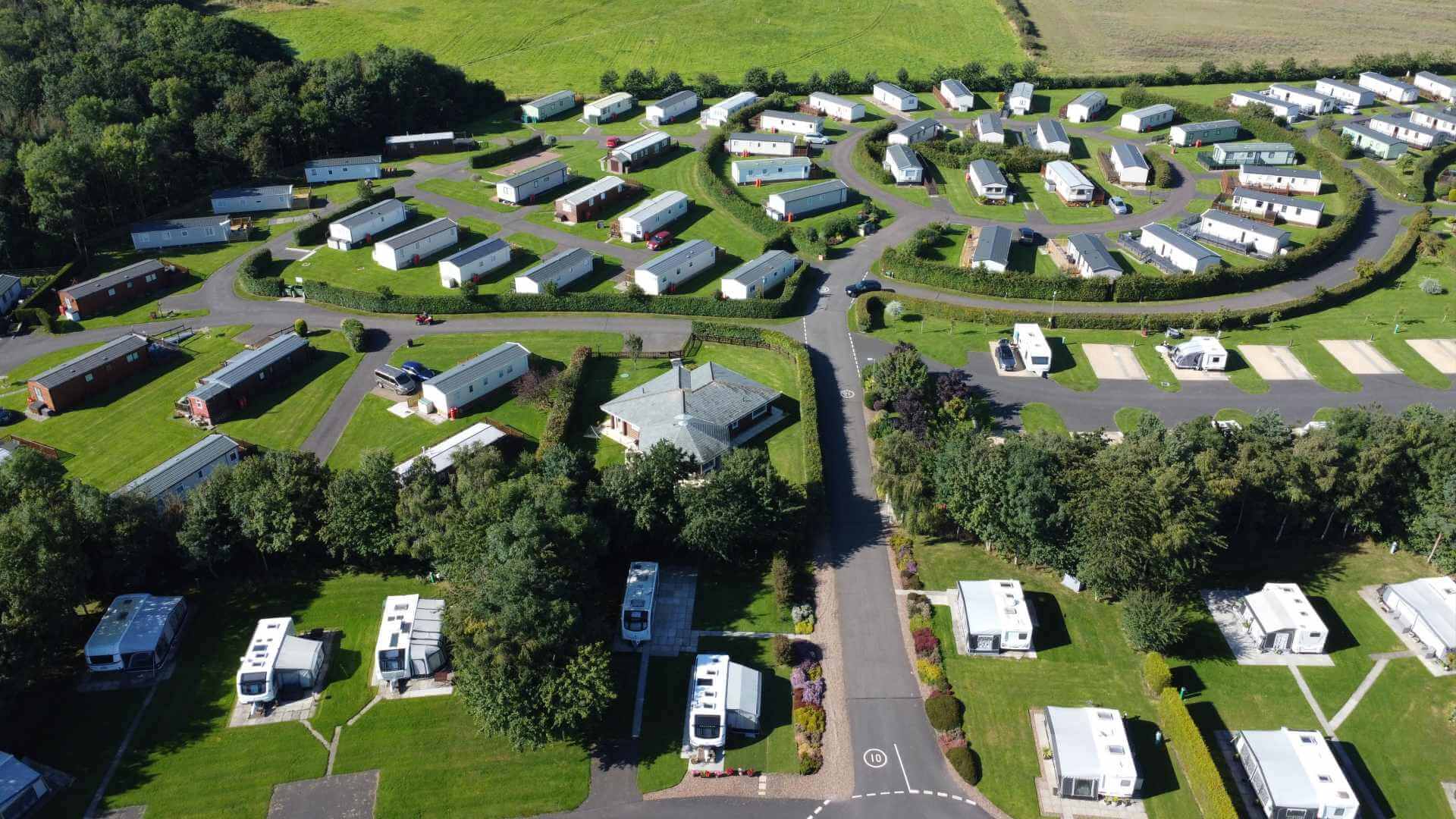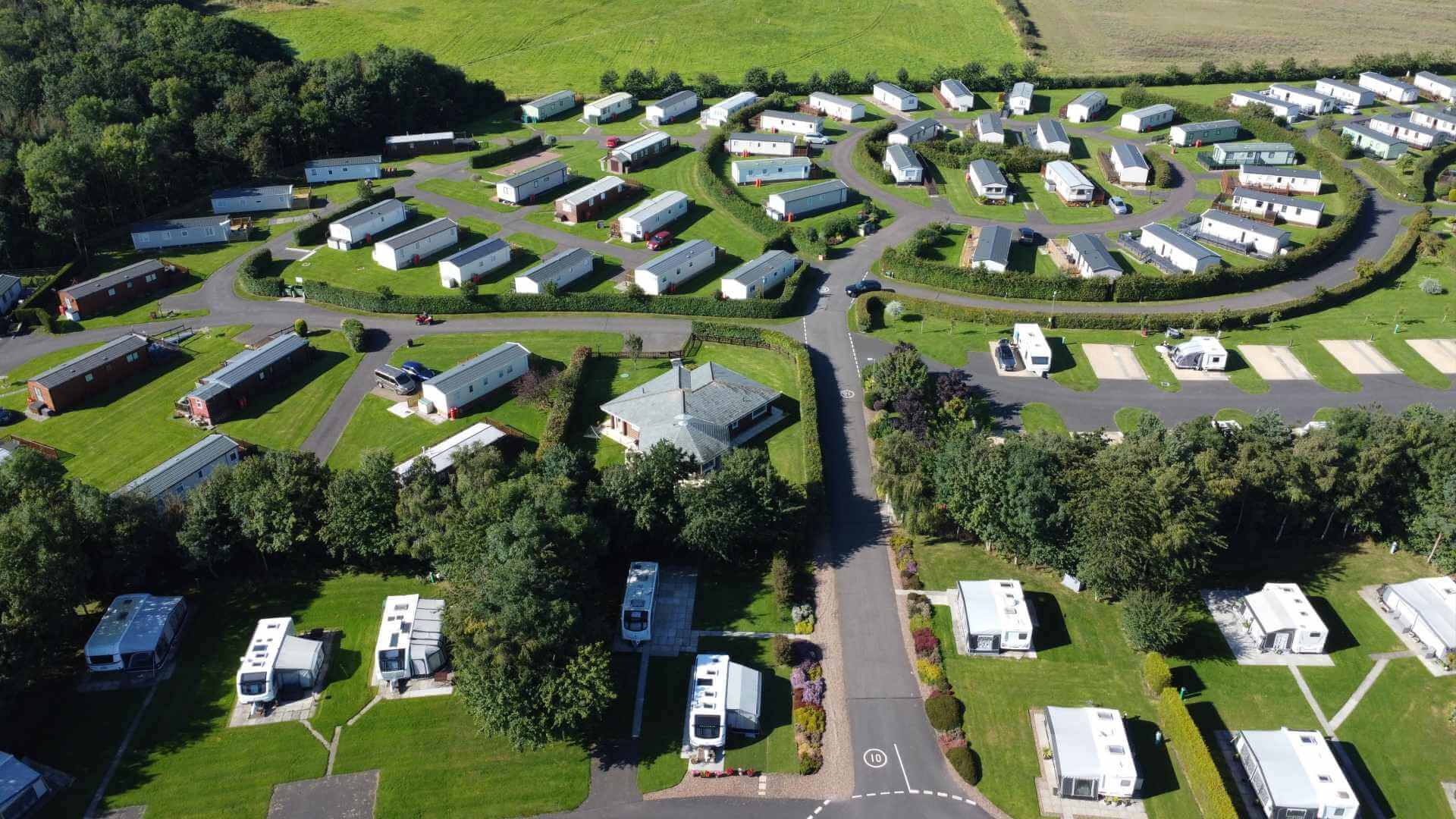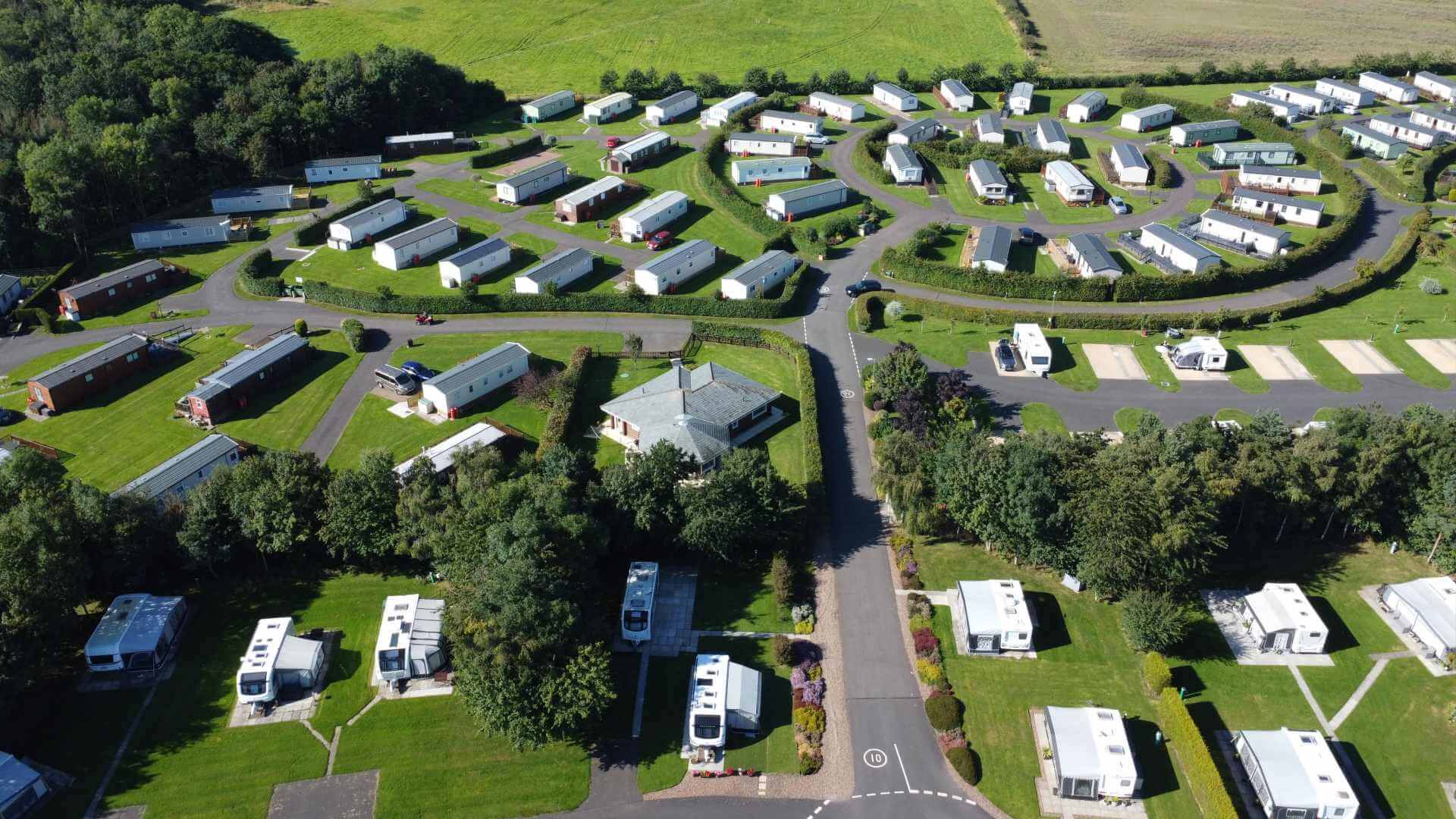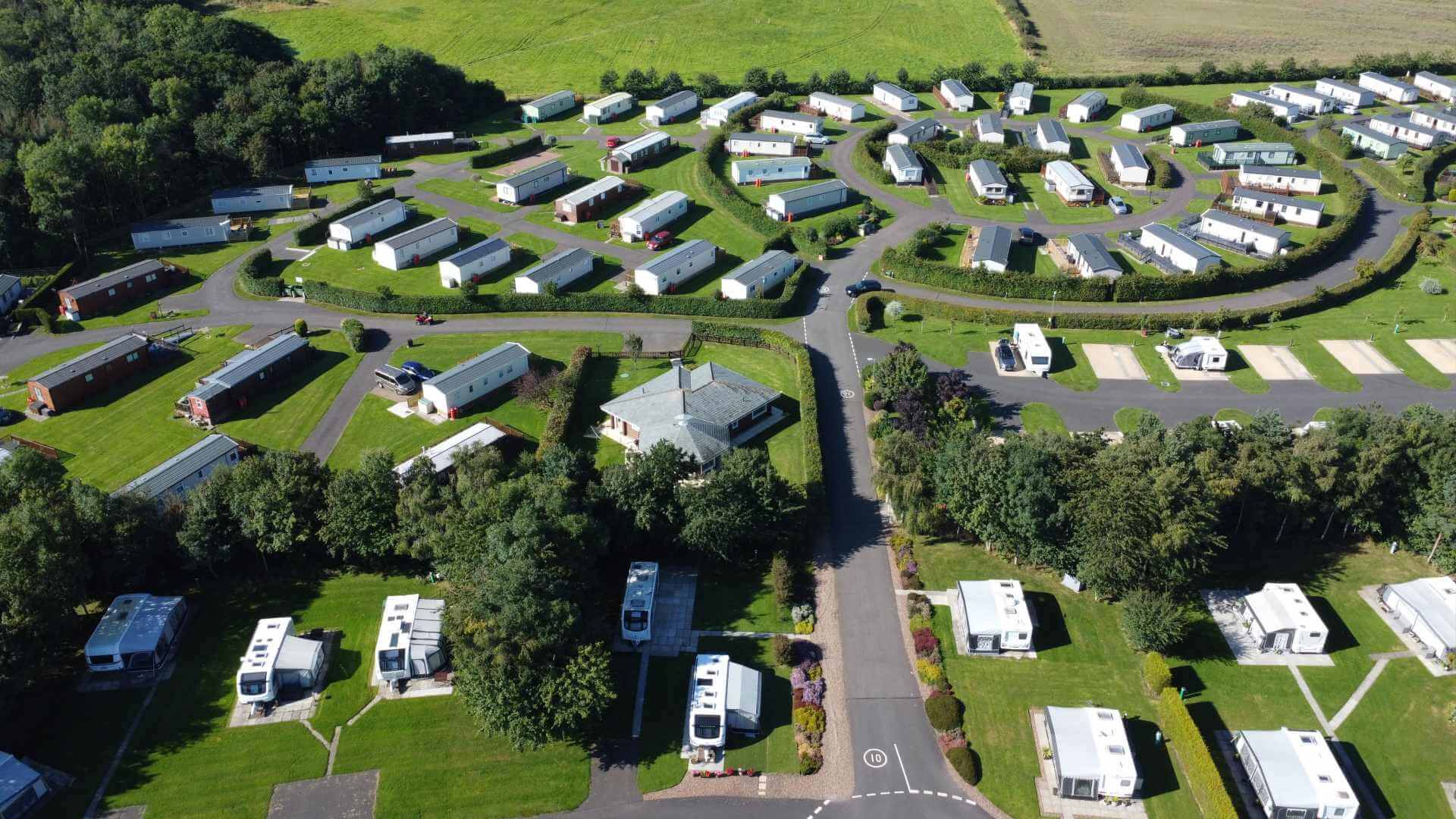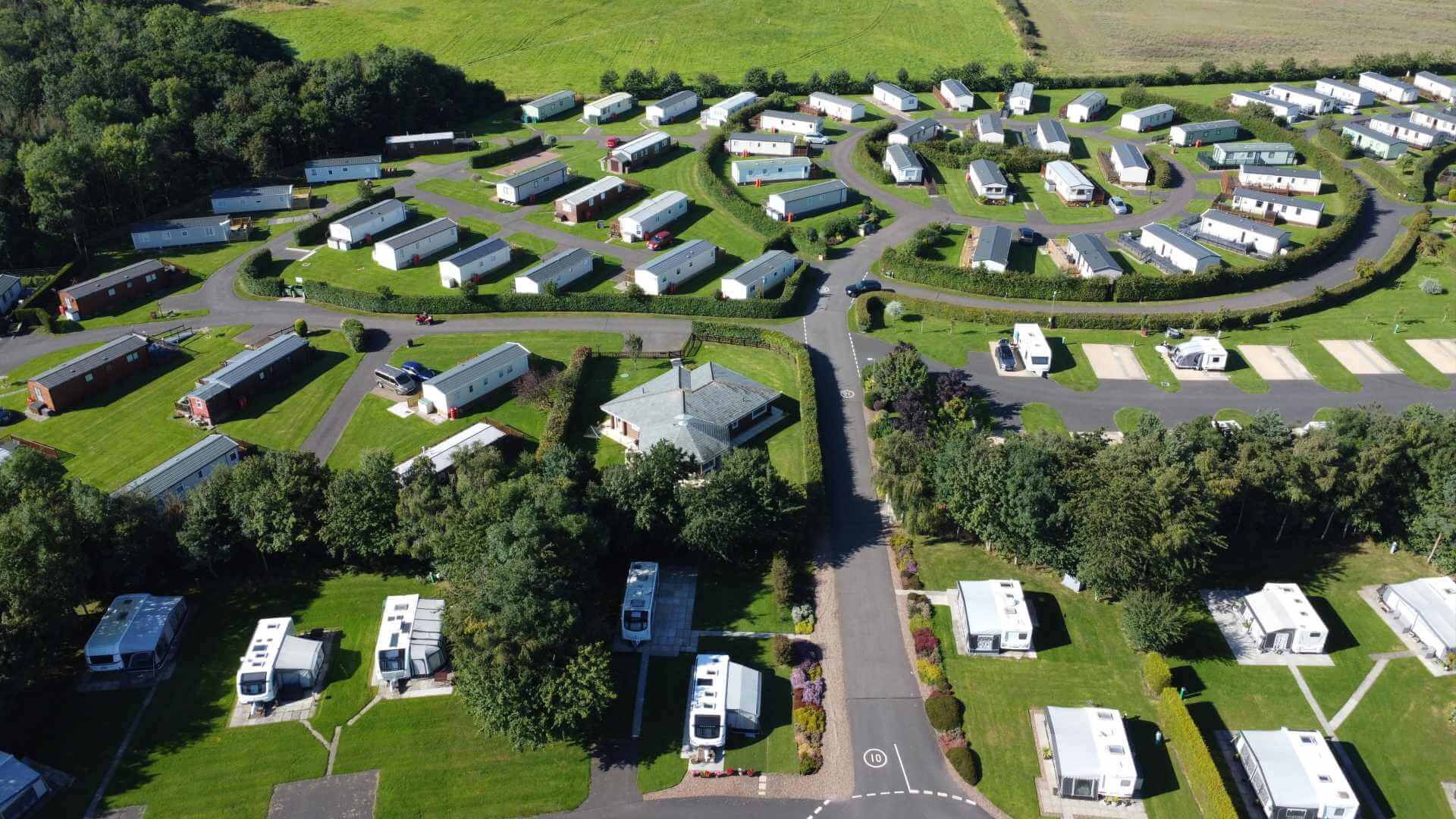Caravan parks and holiday parks face unique risks, with flooding being one of the most devastating threats to both business operations and …
Coastal Caravan Park Insurance: Complete Protection Guide for Seaside Holiday Parks
Running a coastal caravan park presents unique challenges and opportunities. While the seaside location attracts holidaymakers year-round, it also exposes your business to specific risks that inland parks don't face. From storm damage and coastal erosion to seasonal fluctuations and marine-related incidents, coastal caravan park insurance requires specialized coverage tailored to your waterfront location.
Understanding Coastal Caravan Park Risks
Coastal caravan parks face distinct challenges that require comprehensive insurance protection:
Weather-related risks dominate coastal locations. Storm damage from high winds can destroy static caravans, damage park infrastructure, and uproot trees. Coastal flooding poses significant threats to ground-level facilities, electrical systems, and touring pitches. Salt air accelerates corrosion of metal structures, playground equipment, and utility installations.
Seasonal business patterns create cash flow challenges. Peak summer months generate most annual revenue, making business interruption coverage crucial during off-season repairs or weather-related closures. Winter storms can cause extensive damage requiring months of repairs before the next season begins.
Public liability exposures increase near water. Beach access, coastal walks, and water sports activities create additional risks. Cliff erosion, unstable coastal paths, and changing tide conditions can lead to visitor accidents. Marine rescue situations may involve your business premises.
Environmental factors present ongoing challenges. Coastal erosion threatens permanent structures and pitch boundaries. Sand drift can damage facilities and create maintenance issues. Sewage and drainage systems face additional pressure from tidal influences and seasonal occupancy fluctuations.
Essential Coverage Components
Property Insurance forms the foundation of coastal caravan park protection. Buildings coverage should include reception areas, toilet blocks, entertainment facilities, and maintenance buildings. Contents coverage protects furniture, equipment, and seasonal decorations. Specify replacement cost coverage rather than actual cash value to ensure adequate rebuilding funds.
Static caravan coverage requires careful consideration. Whether you own site caravans or provide insurance guidance to caravan owners, ensure adequate protection against storm damage, theft, and vandalism. Include coverage for caravan steps, awnings, and site-specific installations.
Business Interruption Insurance becomes critical for seasonal businesses. Calculate coverage based on peak season revenue potential, not annual averages. Include coverage for additional expenses like temporary accommodation for displaced guests and alternative venue costs for cancelled events.
Public Liability Insurance should reflect coastal-specific risks. Standard coverage may exclude certain water-related activities or coastal access issues. Ensure coverage includes beach access, coastal walks, and any water sports facilities you provide or permit.
Employers Liability Insurance protects against staff injury claims. Coastal locations present additional risks from weather exposure, marine equipment handling, and seasonal work patterns. Include coverage for temporary seasonal staff and contractors.
Specialized Coastal Considerations
Flood Insurance requires careful evaluation. Standard policies often exclude flood damage, but coastal locations face significant flood risks from storm surges, high tides, and coastal flooding. Secure specific flood coverage through specialized insurers familiar with coastal risks.
Environmental Liability coverage protects against pollution claims. Fuel storage, sewage systems, and chemical storage for swimming pools create potential environmental exposures. Coastal locations face additional scrutiny from environmental agencies.
Equipment Breakdown Insurance covers essential systems. Sewage treatment plants, water pumps, and electrical systems face additional stress from salt air and moisture. Include coverage for seasonal equipment like swimming pool systems and entertainment equipment.
Cyber Insurance protects booking systems and customer data. Online booking platforms, payment processing, and customer databases require protection against cyber attacks and data breaches. Include coverage for business interruption from system failures during peak booking periods.
Risk Management Strategies
Weather monitoring systems help predict and prepare for storms. Install weather stations and subscribe to marine weather services. Develop evacuation procedures for extreme weather events and communicate these clearly to guests.
Maintenance programs should address coastal-specific issues. Regular inspection and treatment of metal structures prevents salt air corrosion. Drainage systems require frequent cleaning to handle sand and debris. Landscaping should use salt-tolerant plants and secure anchoring systems.
Emergency preparedness plans should address coastal scenarios. Coordinate with local emergency services and coastguard authorities. Maintain emergency supplies and communication systems. Train staff in water rescue awareness and emergency procedures.
Guest safety measures require coastal awareness. Provide clear information about tide times, coastal hazards, and safe beach access. Install appropriate warning signs and safety equipment. Consider employing qualified lifeguards during peak seasons.
Seasonal Business Considerations
Revenue protection during peak seasons requires adequate business interruption coverage. Calculate potential losses from cancelled bookings, refunded deposits, and lost ancillary revenue. Include coverage for marketing expenses to rebuild customer confidence after incidents.
Off-season security becomes crucial when parks are largely unoccupied. Install comprehensive security systems and arrange regular security patrols. Consider caretaker arrangements for continuous site monitoring.
Seasonal staff management affects insurance requirements. Ensure adequate employers liability coverage for temporary workers. Provide proper training for coastal-specific risks and emergency procedures.
Regulatory Compliance
Local authority licensing often includes specific coastal requirements. Compliance with environmental regulations, coastal protection measures, and marine safety requirements affects insurance coverage. Maintain detailed records of compliance efforts.
Health and safety regulations may include additional coastal requirements. Risk assessments should address water safety, coastal access, and marine-related activities. Regular safety audits help identify emerging risks.
Planning permissions for coastal developments face additional scrutiny. Changes to coastal defenses, beach access, or marine facilities require proper authorization and insurance notification.
Claims Management
Storm damage claims require immediate action. Document damage thoroughly with photographs and professional assessments. Engage loss adjusters experienced with coastal property damage. Maintain detailed inventory records for contents and equipment claims.
Business interruption claims need careful calculation. Maintain detailed financial records showing seasonal patterns and peak period revenues. Include all consequential losses and additional expenses in claim submissions.
Public liability claims may involve complex coastal factors. Engage legal representation familiar with coastal liability issues. Coordinate with emergency services and maintain detailed incident records.
Choosing the Right Insurer
Specialist coastal insurers understand unique seaside risks. Look for insurers with experience in coastal caravan parks and holiday accommodation. Avoid insurers who exclude coastal risks or apply excessive restrictions.
Risk assessment capabilities should include coastal expertise. Insurers should understand tidal patterns, coastal erosion risks, and seasonal business models. Request detailed risk surveys from qualified coastal risk assessors.
Claims handling experience in coastal environments proves crucial during major incidents. Research insurers' track records with coastal storm claims and business interruption settlements.
Cost Management Strategies
Risk reduction measures can significantly reduce premiums. Install storm shutters, improve drainage systems, and implement comprehensive security measures. Document all risk improvements for insurer review.
Deductible structures should reflect seasonal revenue patterns. Consider higher deductibles during off-season periods when business interruption impacts are lower. Evaluate aggregate deductibles for multiple smaller claims.
Multi-year policies can provide rate stability for seasonal businesses. Lock in favorable rates during good claims years. Include inflation protection and automatic coverage increases.
Future Planning Considerations
Climate change impacts require forward-thinking insurance strategies. Rising sea levels, increased storm intensity, and changing weather patterns affect long-term viability. Work with insurers who understand evolving coastal risks.
Business expansion plans should consider insurance implications. Additional facilities, extended seasons, or new activities require coverage adjustments. Plan insurance changes well in advance of operational changes.
Succession planning affects insurance continuity. Ensure insurance policies can transfer to new owners and maintain coverage during ownership transitions.
Working with Insurance Professionals
Specialist brokers understand coastal caravan park risks and can access appropriate markets. Look for brokers with specific experience in holiday accommodation and coastal properties. Regular policy reviews ensure coverage keeps pace with business changes.
Risk management consultants can help identify and mitigate coastal-specific risks. Professional advice on storm preparation, flood defenses, and safety systems reduces claims frequency and severity.
Legal advisors familiar with coastal liability issues provide valuable guidance on risk exposure and insurance adequacy. Regular legal reviews help identify emerging liability trends.
Conclusion
Coastal caravan park insurance requires specialized knowledge and comprehensive coverage tailored to seaside risks. From storm damage and flooding to seasonal business patterns and marine-related liabilities, coastal operators face unique challenges requiring expert insurance solutions.
Success depends on understanding your specific risk profile, implementing effective risk management strategies, and working with insurers who appreciate coastal caravan park operations. Regular policy reviews ensure your coverage evolves with changing risks and business needs.
The investment in comprehensive coastal caravan park insurance protects not just your physical assets, but your business reputation and long-term viability in the competitive holiday accommodation market. With proper coverage and risk management, coastal caravan parks can thrive while providing safe, enjoyable experiences for holidaymakers seeking seaside adventures.


 0330 127 2333
0330 127 2333
